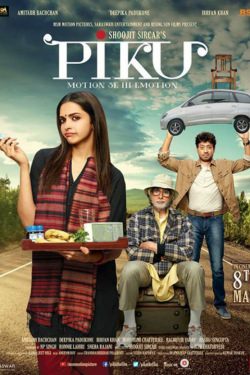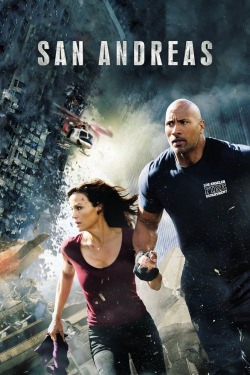Top Rated Films
Deepanjana Pal's Film Reviews
-
At the end of Detective Byomkesh Bakshy, Banerjee dangles the possibility of a sequel, which is an uplifting thought. It would be wonderful to return to the world that Banerjee created and perhaps the next time round, there won’t be the flaws that pockmark this film. Stylish, beautiful, but also underwhelming…
-
Despite having a mere three scenes in The Gunman, Bardem is the only one in the film who brings some personality to the movie. He plays a swaying drunk, who always holds a glass full of delicious pain-relieving liquid. If you find yourself watching this film, you’d certainly need some of that stuff from his glass.
-
The Second Best Exotic Marigold Hotel is just what the doctor ordered if you want a simple, feelgood film. That’s remarkable when you keep in mind that most of the characters are basically just waiting to die in this story. Yet, there’s no sadness here. At its gloomiest, a tinge of wistfulness dulls the Technicolor, Indian fantasy that Madden and his team have created. But those moments are brief and what The Second Best Exotic Marigold Hotel remind us is that so long as you’re alive, there’s a life to be lived and enjoyed.
-
Ironically, the motto that Ella in Cinderella lives by is, “Have courage and be kind.” Had Brannagh found some courage with his storytelling, he would have shown kindness to audiences who walk in to Cinderella hoping for Brannagh’s storytelling skills and instead get old-fashioned slop that’s so unimaginative that it borders on offensive.
Parents, don’t take your daughters to see this one, even if it is a Disney film. -
Focus isn’t dazzling, but it has a few fun moments, one of which is a masterclass in conning that Nicky gives Jess early on in the film. Smith moves with balletic smoothness as he delivers a variation of Robbins’s TED talk. It’s elegantly executed, but you know it’s a performance, aided by clever camerawork and a production crew that will make things appear as and when Smith needs them to do so.
-
NH10 was not an easy film to make and it isn’t an easy film to watch, but give it five minutes, and it will suck you into its menace-riddled story. A thoroughly average idea and a flawed script add up to a gripping experience, thanks to Singh’s direction, Merchant’s editing and Sharma’s acting. That’s rare, particularly in Bollywood.
-
Considering how much fun Strayed’s memoir is, the monotony of Vallée’s film adaptation should make you want to scream like Witherspoon does when we first meet her. However, even that feels like too much effort. There’s nothing wrong with Wild. It’s just not moving enough and you don’t sense enough of Cheryl’s wildness. Instead, Wild just ends up feeling, well, tame.
-
The tempo does pick up after the interval, but at the expense of logic and it isn’t enough to whip up our flagging interest in Raghu and Liak. Part of the problem is that there is no tension in Badlapur. Liak and Raghu circle each other from safe distances. There’s no threat to Liak’s life or to that of anyone he cares about. Raghu’s actions become increasingly illogical and his motivations become difficult to fathom. The last part is intentional, but it doesn’t help to hold the attention of an audience that cares less and less for Raghu.
-
Qissa is far less dense and a simpler narrative. Despite losing its way in parts, it’s a thought-provoking film that looks beautiful and has some superb acting performances by Dugal, Shome, Khan and Chopra. That isn’t enough to make Qissa satisfying, but it does leave you haunted by the questions that riddle Kanwar, Neeli, Mehar and Umber’s stories.
-
…despite the flawed writing, Dhanush and Bachchan make Shamitabh a pleasant enough outing to the movies.

























